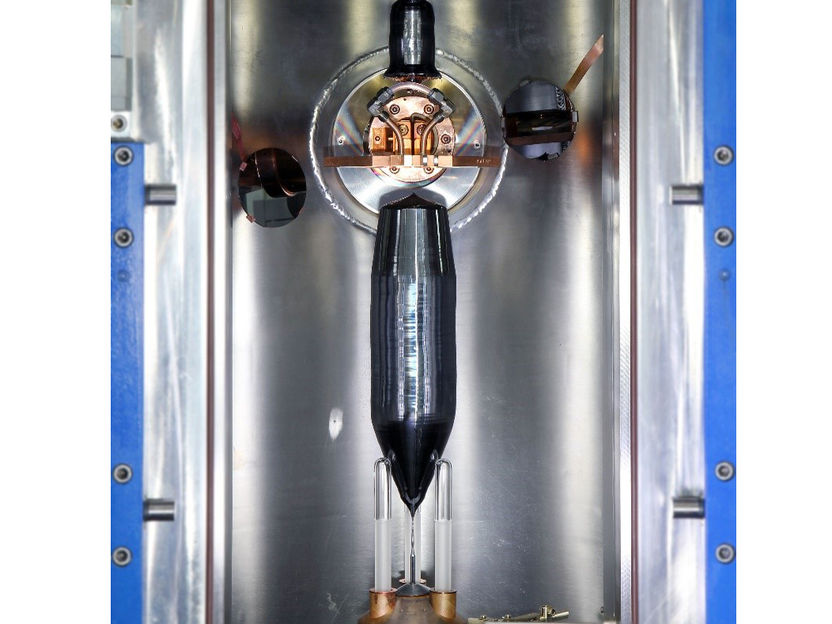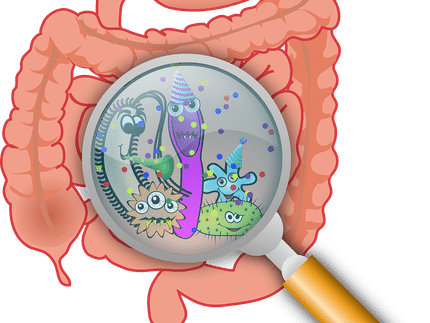Can You Lose Weight?
Ask Your Microbiome
The strongest associations with weight loss success or failure – independent of BMI – are found in the genetic capacity of the gut microbiome. These new findings open the door to diagnostic tests that can identify people likely to lose weight with healthy lifestyle changes and those who might need more drastic interventions.
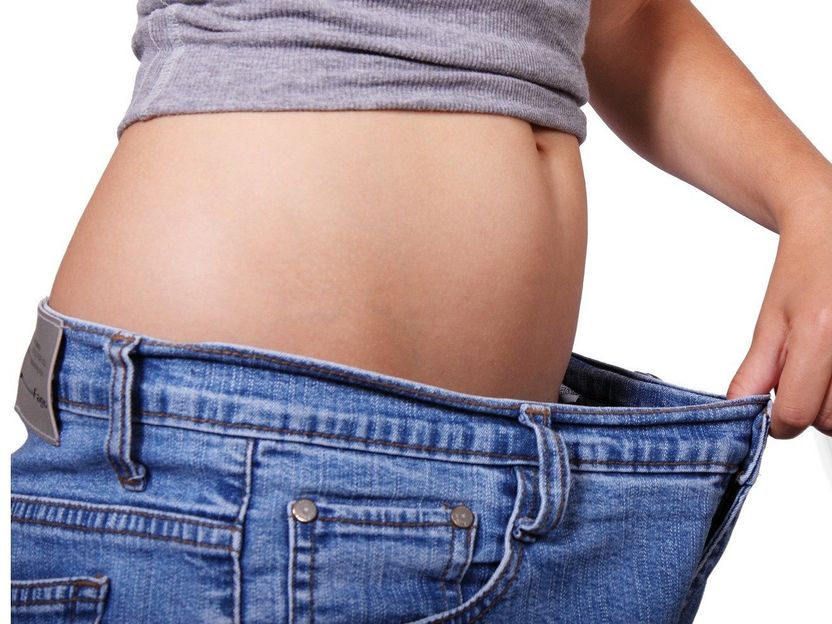
Symbolic image
pixabay.com
ISB researchers looked at 105 people who participated in a consumer wellness program. About half of the cohort showed consistent weight loss and improved metabolic health markers. The other half did not respond to the intervention and maintained a stable weight. The microbiomes of those who lost weight had higher bacterial growth rates and were enriched in genes that divert dietary nutrients toward bacterial cell growth. Conversely, microbiomes in those resistant to weight loss had lower growth rates, combined with a higher capacity for breaking down non-absorbable fibers and starches into absorbable sugars. Weight-loss resistant microbiomes were also primed to deal with a more inflamed gut environment.
“Our results underscore the fact that our gut microbiome is an important filter between the food we consume and our bloodstream. Weight loss may be especially hard when our gut bacteria slow their own growth, while also breaking down dietary fibers into energy-rich sugars that make their way into our bloodstream before they can be fermented into organic acids by the microbiota,” said Dr. Christian Diener, the paper’s lead author.
Importantly, the team examined determinants of successful weight loss that were independent of BMI. People with higher baseline BMIs tend to lose more weight following an intervention – a condition known as the “regression-to-the-mean” effect.
Researchers found specific bacteria (Prevotella and other Bacteroidetes genera) that appear to be more efficient at using the degradation products from complex starches and fibers to fuel growth, likely outcompeting the body for these energy-rich small molecules and reducing the caloric energy harvest from consumed food. Ensuring our gut microbes can efficiently convert sugars cleaved away from dietary fibers into short-chain-fatty-acids and/or reducing the abundance of bacterial fiber-degrading genes in our intestine may help to ensure improved weight loss responses to lifestyle interventions and better metabolic health.
“At a minimum, this work may lead to diagnostics for identifying individuals who will respond well to moderate healthy lifestyle changes, and those who may require more drastic measures to achieve weight loss,” said ISB Assistant Professor Dr. Sean Gibbons, corresponding author on the paper. “By understanding which microbes and metabolic processes help promote weight loss in the gut microbiome, we can begin to design targeted prebiotic and probiotic interventions that might push a weight-loss resistant microbiome to look more like a weight-loss permissive microbiome.”
Original publication
Other news from the department science

Get the life science industry in your inbox
By submitting this form you agree that LUMITOS AG will send you the newsletter(s) selected above by email. Your data will not be passed on to third parties. Your data will be stored and processed in accordance with our data protection regulations. LUMITOS may contact you by email for the purpose of advertising or market and opinion surveys. You can revoke your consent at any time without giving reasons to LUMITOS AG, Ernst-Augustin-Str. 2, 12489 Berlin, Germany or by e-mail at revoke@lumitos.com with effect for the future. In addition, each email contains a link to unsubscribe from the corresponding newsletter.
Most read news
More news from our other portals
Last viewed contents
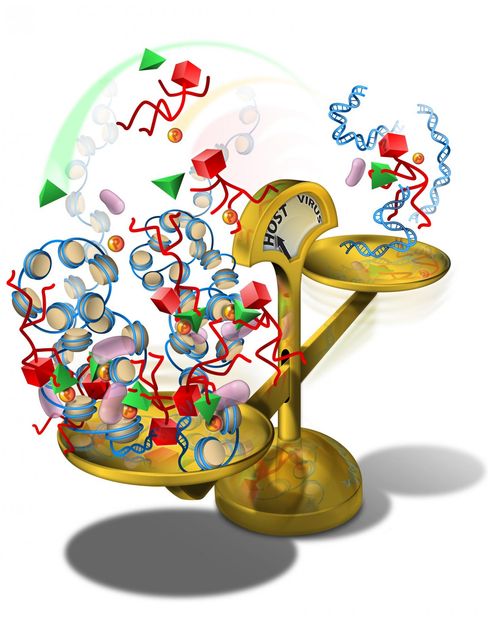
The DNA damage response goes viral: A way in for new cancer treatments - How DNA repair proteins sound the alarm to threats, pointing to a novel cancer therapy.
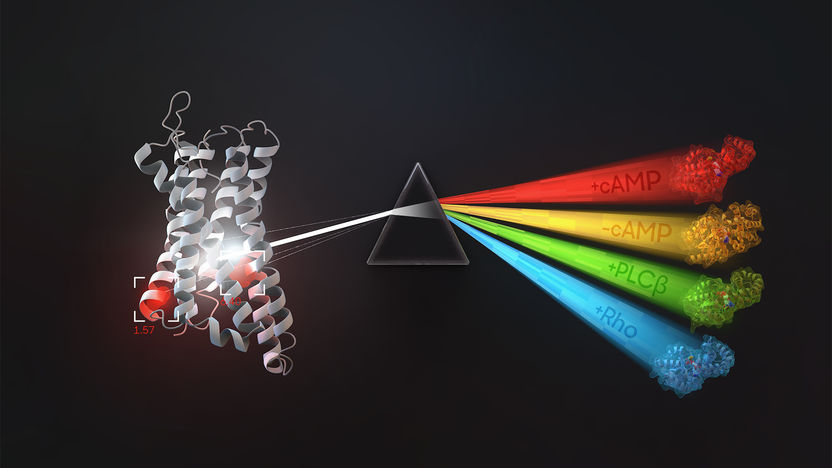
Coupled Proteins - How human cells react to external signals and further process them
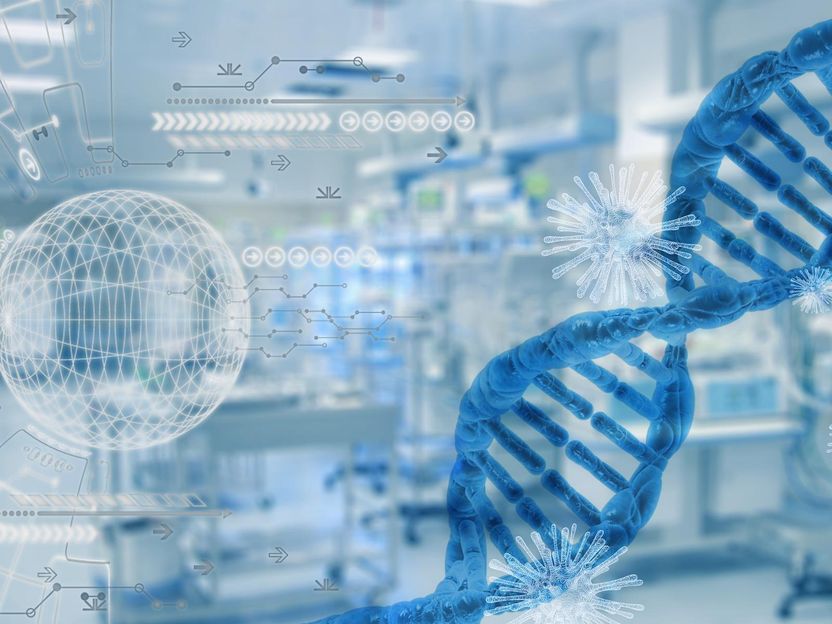
OxDX raises £2.6M pre-seed funding to develop AI powered rapid diagnostic technology - Identify diseases while you wait: Technology aims to improve speed, cost and accuracy of infectious disease diagnostics
